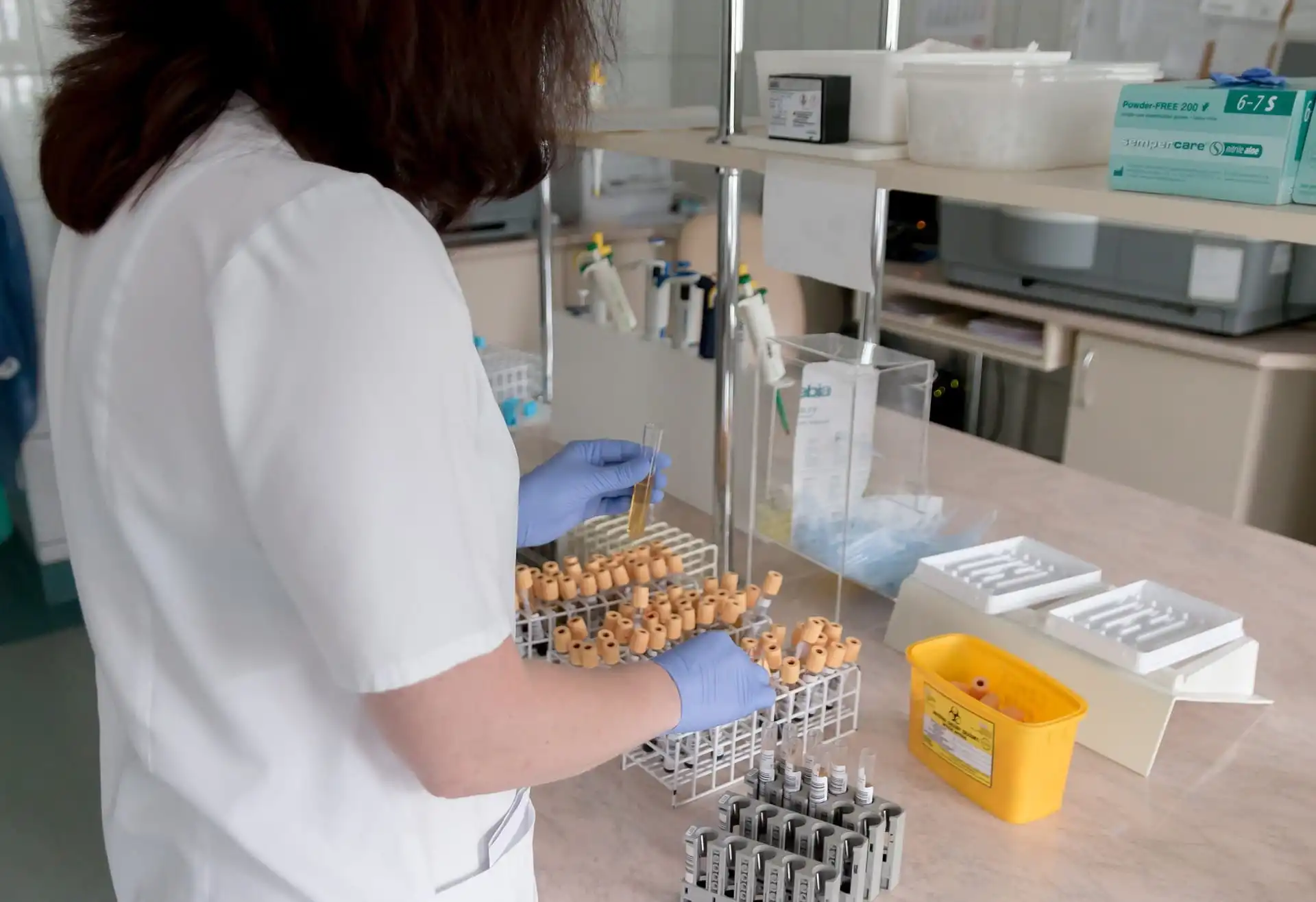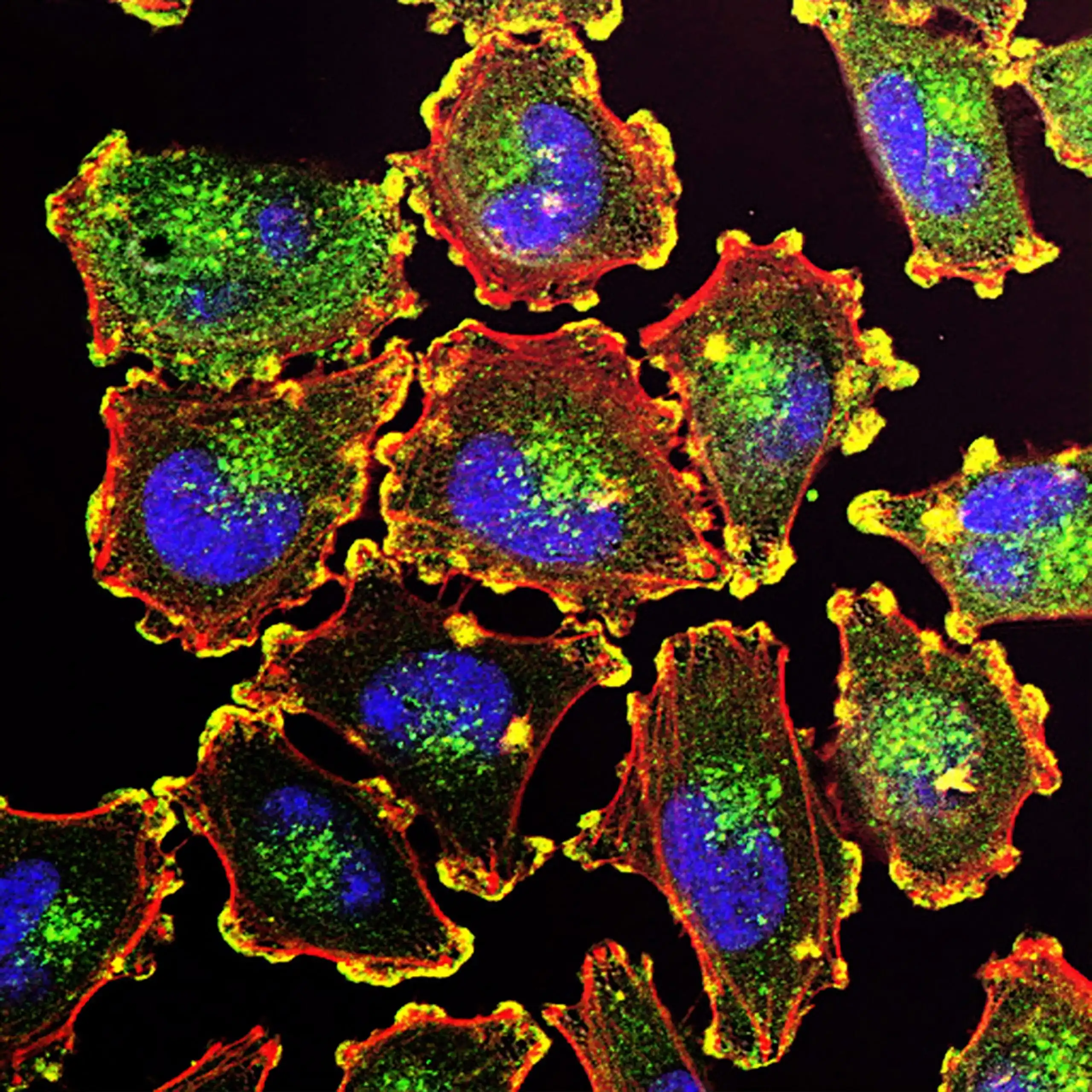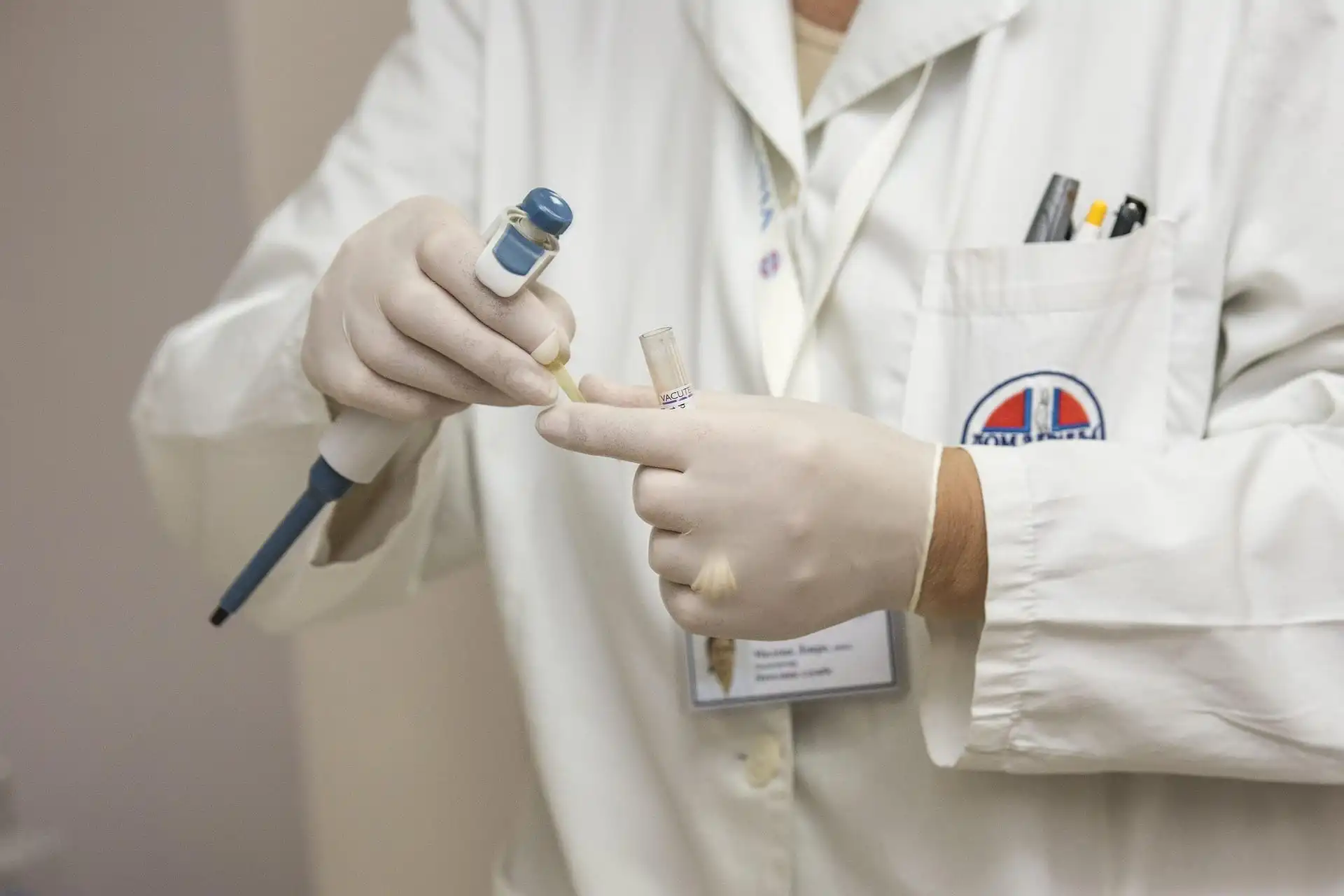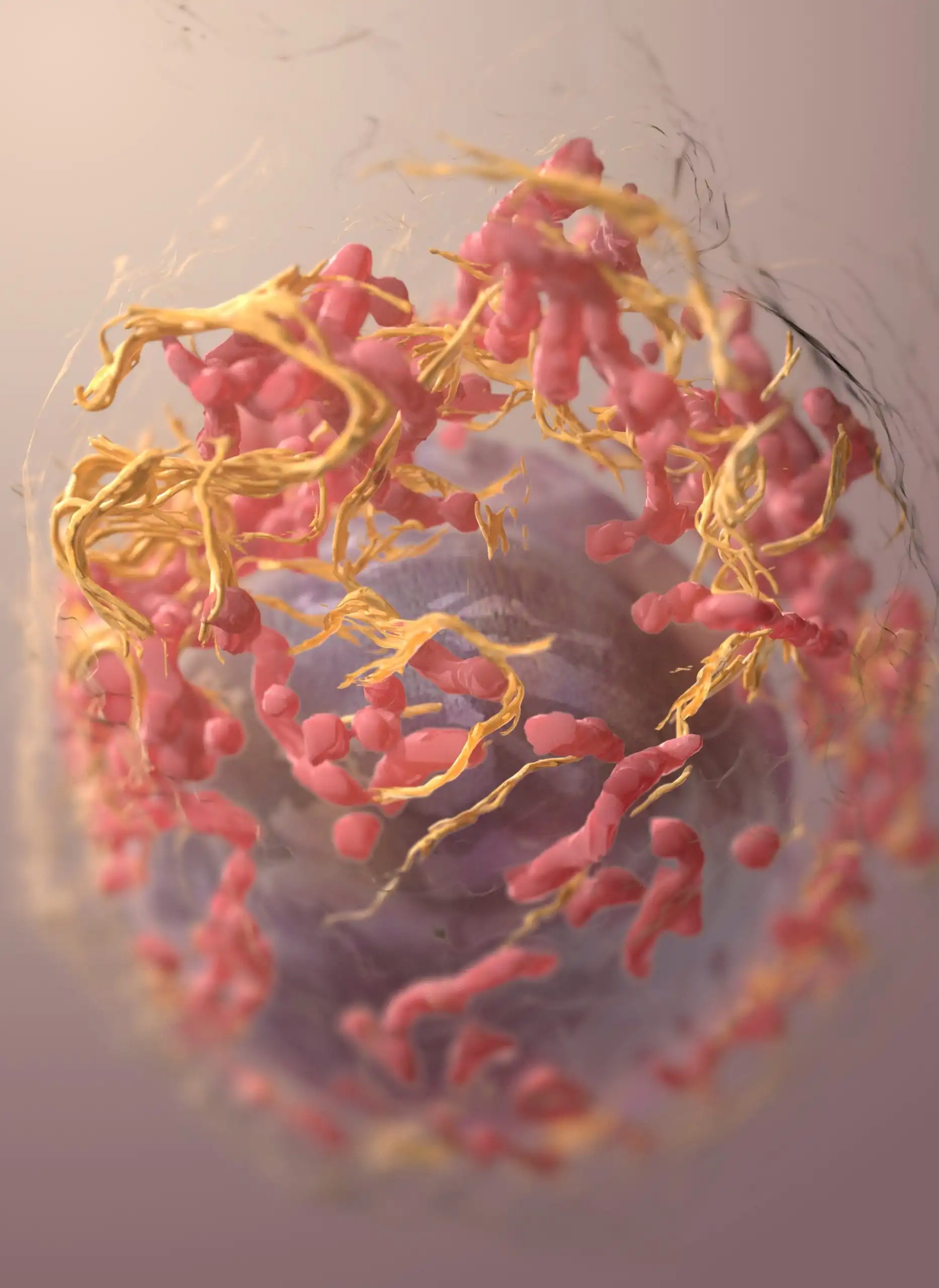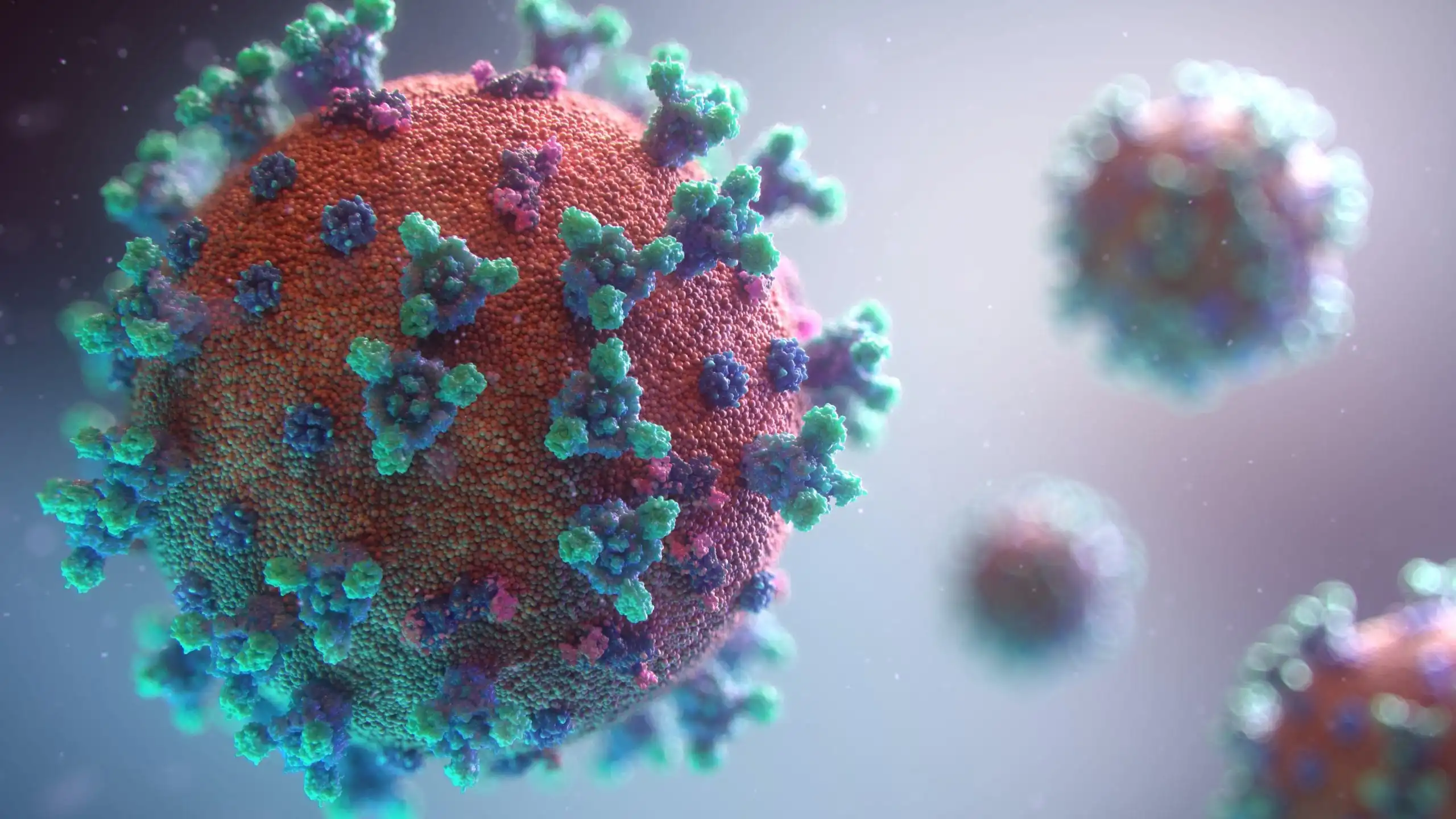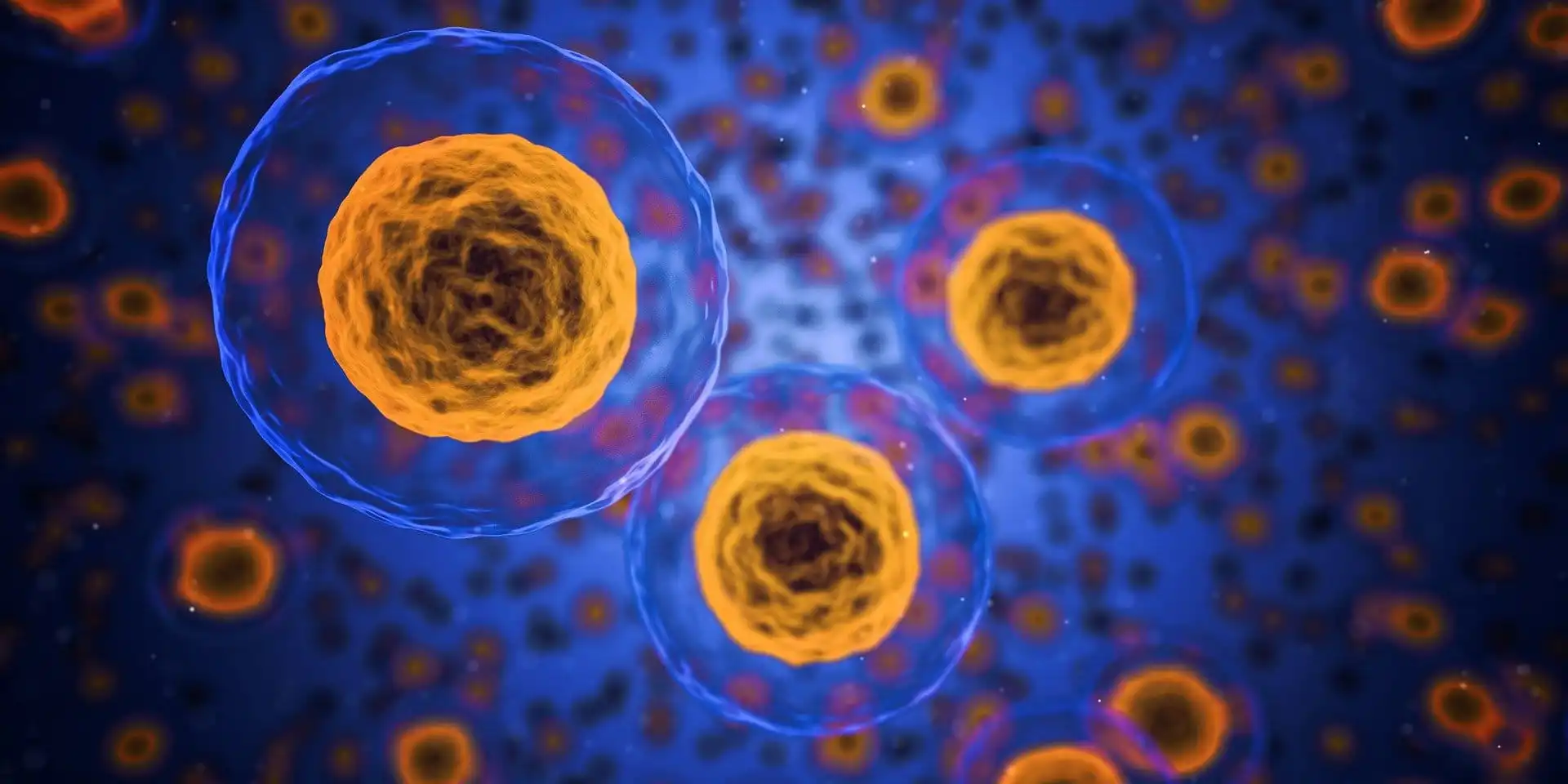
Hydroxychloroquine treats and prevents malaria, rheumatoid arthritis, lupus, and porphyria cutanea tarda. In addition, some doctors recommend hydroxychloroquine to treat patients in the early stages of COVID-19, the disease caused by SARS-CoV-2.
Sold under the Plaquenil brand name, hydroxychloroquine is on the World Health Organization’s List of Essential Medicines.
Table of Contents
What is Hydroxychloroquine?
Hydroxychloroquine is an immunomodulatory drug that has been prescribed for decades to treat malaria and autoimmune diseases such as inflammatory arthritis and systemic lupus. Most antimalarial drugs were discovered and industrialized following World War II, specifically to treat malaria among soldiers deployed to the South Pacific.
Get your requested raw materials quotation
What Diseases Does Hydroxychloroquine Treat?
Hydroxychloroquine treats numerous diseases that include:
- Malaria
- Systemic lupus erythematosus
- Rheumatoid arthritis
- Porphyria cutanea tarda
- Q fever
- Post-Lyme arthritis
- COVID-19
Hydroxychloroquine Mechanism of Action?
Malaria Mechanism of Action
In malaria cases, hydroxychloroquine prevents toll-like receptor activation in the activation pathway by binding directly to nucleic acids. Blocking this pathway prevents the body’s primary cell-mediated inflammatory response during in vitro studies. Further, in vivo studies demonstrate that hydroxychloroquine is strongly correlated with interferon-alpha level reduction.
Lupus Mechanism of Action
Hydroxychloroquine modulates systemic lupus erythematosus by suppressing the activation of toll-like receptors on the surface of endosomes. These are thought to play a critical role in autoimmune disease and the innate immune response. Toll-like receptor activation is necessary to express interferon-regulated genes, and to produce tumor necrosis factor alpha, actions critical to the cell-mediated inflammatory response.
Hydroxychloroquine Dosage
Hydroxychloroquine is typically available in tablet form at a dosage of 200mg. Dosage amounts depend on patient height, weight, and the condition being treated. Recommended dosage guidelines for hydroxychloroquine include:
Malaria Prevention
Hydroxychloroquine is indicated for malaria prophylaxis in geographic areas where there is no report of chloroquine resistance. Weight-based dosing is 6.5 mg/kg (5 mg/kg base) once per week, not exceeding 400 mg (310 mg base). Start two weeks before exposure and continue for four weeks after leaving a malaria-prone area.
For acute treatment of uncomplicated malaria due to P falciparum, P malariae, P ovale, and P vivax dosage recommendation is 800 mg (620 mg base), then 400 mg (310 mg base) 6 hours, 24 hours, and 48 hours following the first administered dose. Weight-based dosing is 13 mg/kg (10 mg/kg base), not exceeding 800 mg (620 mg base), followed by a dose of 6.5 mg/kg (5 mg/kg base) not exceeding 400 mg (310 mg base) at 6 hours, 24 hours, and 48 hours after the initial dose.
Malaria Use Limitations
Hydroxychloroquine is not recommended to treat complicated malaria and is not effective against chloroquine or hydroxychloroquine-resistant strains of the Plasmodium species. Therefore, hydroxychloroquine is not recommended to treat malaria acquired in geographic areas when the Plasmodium species has not been identified or where chloroquine resistance occurs. In addition, it is not recommended for malaria prevention in geographic in areas prone to chloroquine resistance.
Rheumatoid Arthritis
Hydroxychloroquine is recommended to treat acute and chronic rheumatoid arthritis at 400-600 mg/day (310-465 mg base/day). Following an adequate response, reduce dosage by 50% and continue with a maintenance dose of 200-400 mg/day. Do not exceed 6.5 mg/kg (5 mg/kg base) or 600 mg per day due to the incidence of retinopathy when this maintenance dose is exceeded.
Systemic Lupus Erythematosus
Hydroxychloroquine is recommended for discoid lupus erythematosus and systemic lupus erythematosus treatment at 200-400 mg/day (155-310 mg base/day) as a single daily dose or divided into two doses. Do not exceed 400 mg/day.
Coronavirus Disease 2019 (COVID-19) (Off-label)
Note: The FDA revoked the emergency use authorization (EUA) for hydroxychloroquine on June 15, 2020. However, numerous studies have found the drug to be effective in treating COVID-19, including:
Hydroxychloroquine and azithromycin as a treatment of COVID-19: results of an open-label non-randomized clinical trial
An open-label, non-randomized clinical trial of hydroxychloroquine that suggests hydroxychloroquine treatment is significantly associated with a reduction of viral loads and virus disappearance in COVID-19 patients. Further, azithromycin was shown to reinforce this effect.
COVID-19 Pandemic – A Narrative Review of the Potential Roles of Chloroquine and Hydroxychloroquine
A narrative review demonstrating the potential roles of hydroxychloroquine and chloroquine, showing positive results in preliminary scientific research for treating the severe acute respiratory syndrome coronavirus (SARS-CoV-2).
Pathophysiological Basis and Rationale for Early Outpatient Treatment of SARS-CoV-2 (COVID-19) Infection
A review published in The American Journal of Medicine by Peter A. McCullough et al. outlining early COVID-19 treatment options, including hydroxychloroquine. Principles of COVID-19 outpatient treatment include: 1) reinoculation reduction, 2) combination antiviral therapy, 3) immunomodulation, 4) antithrombotic/antiplatelet therapy, 5) oxygen administration, monitoring, and telemedicine.
Get your requested raw materials quotation
Hydroxychloroquine Side Effects
Side effects associated with hydroxychloroquine treatment include:
- Loss of appetite
- Nausea
- Headache
- Dizziness
- Diarrhea, stomach pain, vomiting
- Rash
Severe reactions associated with hydroxychloroquine include:
- Vision difficulties such as reading issues, parts of objects missing
- Light sensitivity
- Changing or blurry vision
- Seeing light streaks or flashes
- Hearing problems, ringing in ears
- Muscle weakness
- Unusual bruising or bleeding
- Hair bleaching or hair loss
- Convulsions
- Mood disruption, mental changes
- Irregular heartbeat
- Drowsiness
- Decreased or loss of consciousness
- Suicidal thoughts or issues with self-harm
Hydroxychloroquine FAQ
Hydroxychloroquine is used to treat and prevent malaria, porphyria cutanea tarda, rheumatoid arthritis, and lupus. In addition, some doctors recommend hydroxychloroquine to treat COVID-19.
Hydroxychloroquine prevents malaria by blocking toll-like receptor activation in the activation pathway by binding directly to nucleic acids. In-vitro studies, suggest that blocking this pathway prevents the body’s primary cell-mediated inflammatory response. In addition, in vivo studies suggest that hydroxychloroquine is strongly correlated with interferon-alpha level reduction.
For lupus, hydroxychloroquine modulates systemic lupus erythematosus by suppressing toll-like receptor activation on the surface of endosomes that are thought to play a critical role in autoimmune disease and the innate immune response.
Click here for a quote for GMP-certified hydroxychloroquine.

